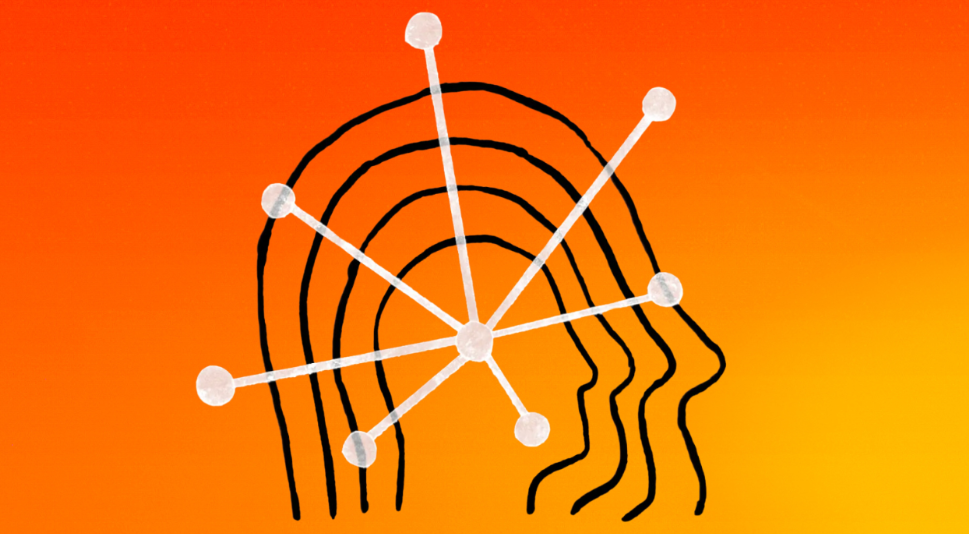The UK’s Science and Innovation Secretary Peter Kyle has outlined an ambitious vision for artificial intelligence integration in the UK economy, backed by compelling government data on potential economic gains.
Drawing from Office of Budget Responsibility findings, Kyle revealed significant untapped potential in AI adoption.
“If digital technology, AI, was fully integrated into the economy by year five, it would create 28 billion pounds worth of fiscal headroom for the Exchequer,” Kyle stated in a recent interview with the Washington Post, pointing to opportunities currently being missed across British industries.
Kyle described how his department has evolved to meet this challenge: “I have repurposed the department that I run, which is now department for Science Innovation and Technology, because before it was a funding body mostly, now it is a delivery department and it’s an economic Department.”
This shift reflects a more proactive approach to technology integration.
The minister acknowledged the complexity of driving AI adoption, particularly among smaller businesses.
“We can’t just let the two sectors just rattle on because at the current rate we’re missing so much potential for our economy, so much potential for people to have their potential in the workplace,” he explained.
Looking ahead, Kyle outlined a more interventionist approach: “I’m looking at ways to creatively, in some cases assertively, interact with the economy to make sure that we can get digital adoption taken up and in a way that positively disrupts not negatively.”
This strategy aims to accelerate AI integration while ensuring its benefits are widely distributed throughout the economy.
The initiative represents a significant shift in how the UK government approaches technological transformation, moving from a traditional funding role to actively facilitating AI adoption across the economy.






